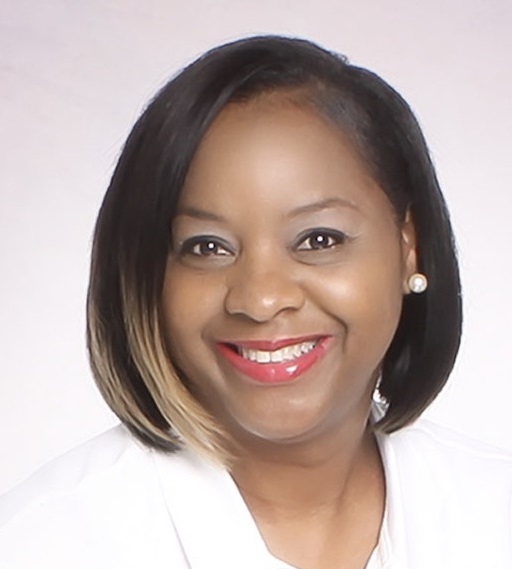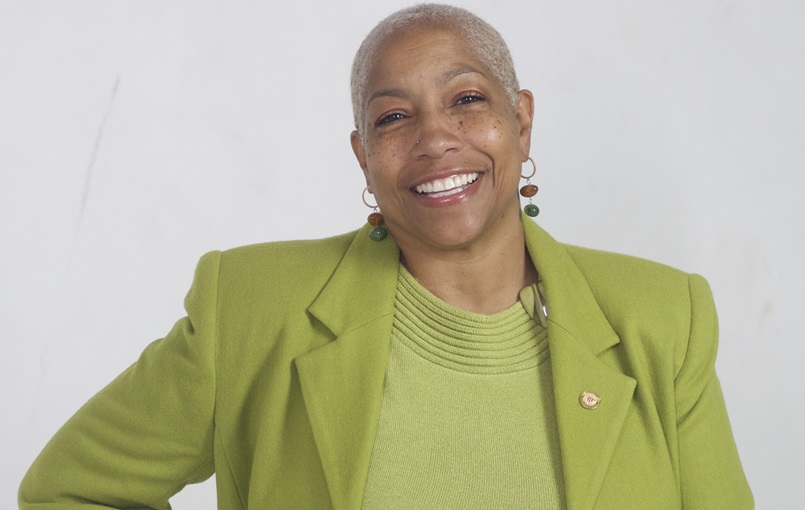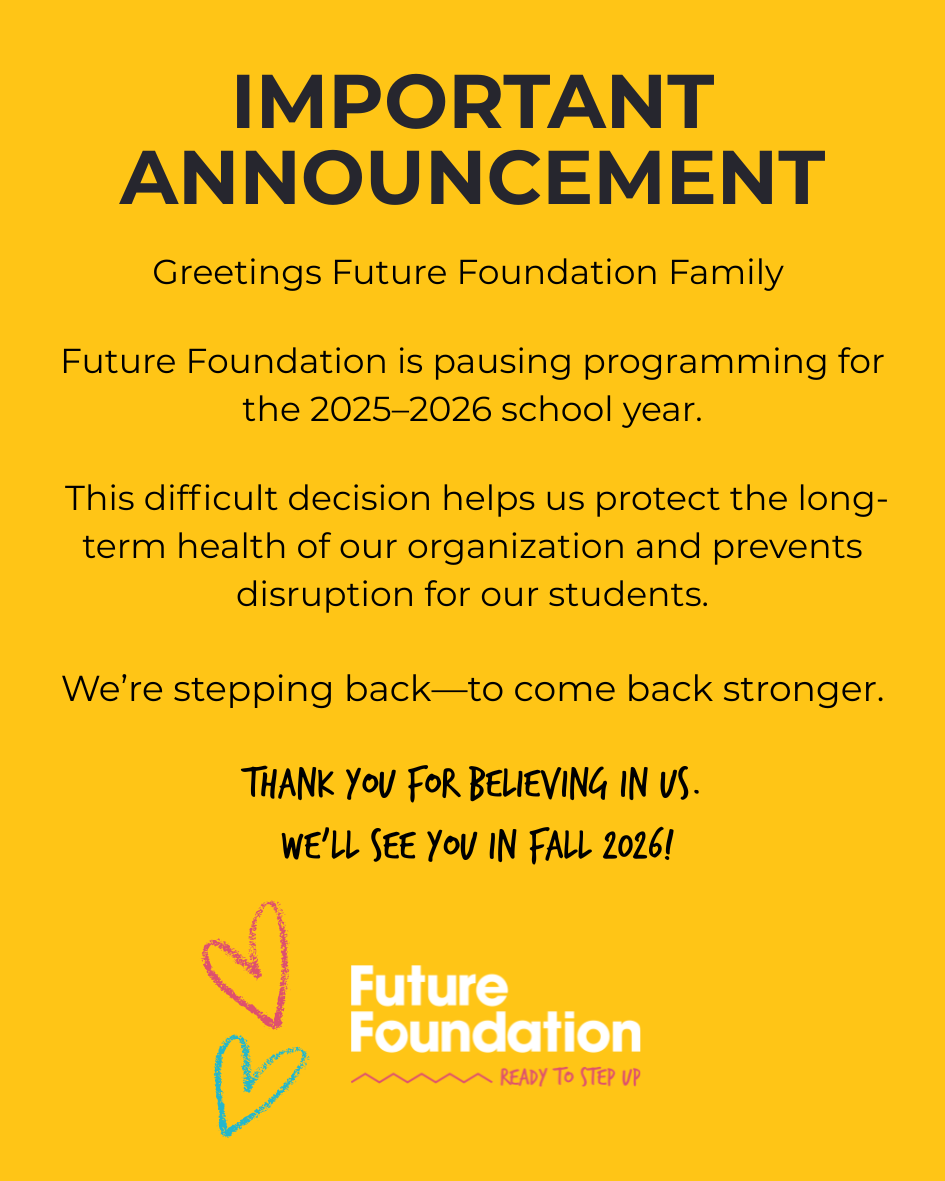Transitions in education mark significant milestones for both caregivers and children. Whether it’s from middle school to high school or from high school to college, these changes can bring both excitement and anxiety.
We hope this guide can give you a few practical strategies you can use to support your children through these significant transitions in their lives.

Understand the transition
If you have first-hand experience, you may already feel equipped to support your child through the change they’re getting ready to endure, but it’s important to remember that time has passed and things may have changed from when you were in school.
Think about it: Our children are inundated with technology and social media where even 10 years ago, it wasn’t such a significant factor as it is today.
Making yourself aware of the environment and the differences between middle school and high school or college will be pivotal in giving your child the support they need to thrive.
In addition to understanding the environment, take time to create an open dialogue about your child’s concerns and expectations about the upcoming transition.
An open line of communication
As caregivers, when your child has a safe space to express their thoughts, worries, feelings, and aspirations, they are much more likely to confide in the adults in their lives. Don’t be afraid to remind your child that it’s okay to ask for help when they need it.
Everything in their lives is changing… From hitting puberty and entering a new phase of life, being a source of comfort to your child can be absolutely transformative for growing teens.
You can do this by helping your child set realistic expectations and goals through their transition. You can encourage them to embrace challenges and view setbacks as opportunities for growth, helping them cultivate a resilient and positive attitude towards difficult situations.
Helping children foster independence

When one can take ownership of their academic journey, they can develop essential skills such as time management and organization that they can take into their adulthood. When you can, provide opportunities for your child to make decisions and learn from their experiences.
If your teen is entering high school, now is a great time to provide those opportunities so when they enter college, the lack of a structured school schedule doesn’t make them falter.
Helping your child build a support network
Community engagement can be game-changing for your teen. Encourage your child to get involved in clubs, extracurricular activities, sports, and social events to begin to build a supportive network.
According to SSM Health Cardinal Glennon Children’s Hospital, studies and statistics have shown that there are many benefits to students who take part in extracurricular activities. Overall, they tend to have higher grades, better self-esteem, and even better mental health – especially when activities are replacing screen time.
Being involved can help teens establish meaningful connections with not only their peers but coaches and teachers who can become mentors that remind children they are not alone in this journey and that support is available when they need it.
Encourage self-care
The habits and routines that teens create now set the foundation for adulthood. Emphasize the importance of well-being, especially during life transitions. Sleep, nutrition, and stress management are important to help them manage transitions successfully.
May is Mental Health Awareness Month. A month’s dedication to bringing awareness to tough and very real conversations. Being a teenager presents many challenges and changes, and normalizing conversation and communication will equip your child for their entire life.
There are many resources available in schools and many times we don’t know they exist. Familiarize yourself with the resources available on campus or within your community – there are also many free resources and strategies available.

Get to know board member Dana Barrett

Dana Barrett is an accomplished executive-level Human Resources leader with a proven track record of driving organizational success through strategic HR initiatives.
Collaborating closely with senior leadership, Dana excels in defining long-term HRobjectives and implementing tailored strategies to support business goals.
Dana was drawn to become a Future Foundation Board Member because she was motivated by the chance to make a meaningful impact on the children in her community. She wanted an opportunity to help shape the organization and drive positive change by helping youth who need it most.
She’s most excited about the chance to contribute to a cause she deeply cares and believes in. She’s encouraged by the chance to work with like-minded individuals to create better opportunities for our youth and help leave a legacy for future generations.
Dana believes that what sets Future Foundation apart is its forward-thinking approach to addressing societal challenges for youth. The emphasis on innovation and collaboration is a key differentiating factor as they seek partnerships with diverse stakeholders to maximize their impact and achieve lasting change.
Her background as an HR professional has equipped her to directly support Future Foundation’s focus on the second-family model by ensuring that the organization has the right people, policies, and culture in place to effectively serve its students.
Get to know board member Dr. Lisa T. Sistrunk

Dr. Lisa is a visionary leader in the realm of mentoring, coaching, and human development, with a remarkable journey spanning over three decades. Driven by her life’s mission to guide individuals to “elevate their ordinary,” she brings invaluable expertise to the table. Grounded in research-backed insights and fueled by practicality and humor, Dr. Lisa’s contributions resonate deeply in her mentoring, coaching, training, and writing endeavors.
Dr. Lisa was drawn to become a Future Foundation Board Member because she reflected on how much it aligned with her purpose as she learned more about the organization.
She is most excited about the opportunity to create positive and lasting change for students in their communities.
Dr. Lisa believes what sets Future Foundation apart is their graduation rate of 100%! She feels it is a true testament to Future’s direct impact on students and their abilities to elevate from various life situations.
With over 30 years of experience working with families, communities, and organizations through skill development and enhancement, Dr. Lisa knows how to support the development of our youth.
Dr. Lisa, what do you think would have helped you feel better equipped to transition from middle school to high school or from high school to college?
Since I attended Catholic school I went from k-8 in the same school. So I had no middle school experience. However, transitioning from high school to college would have been smoother than having shadow days on a local college campus. Attend a few classes with a student sponsor or even as a group and then have the opportunity to ask questions and get answers from the students. Real talk about the responsibilities and independence that I would soon face. Something as simple as knowing where the best grocery store was would have saved me time and money.
What advice do you have for students transitioning from middle school to high school and high school to college?
My advice for the rising high school freshman is to trust yourself, be yourself, and know that most of your peers are experiencing the same sense of uneasiness and anxiety as you are. It will all be ok. Have an adult you can trust to share your happiness and sadness with. It will all be ok. You don’t have to have all the answers. Truth is, no one does. They act like they do! The right friend group will show itself. Don’t try hard to fit it. You are enough as you are!
As for the recent high school graduates, be observant and pay close attention to the opportunities, resources, and possible potholes ahead of you. Align yourself with those who are going in the same direction as you are. While you are enjoying your newfound freedom and adulthood, Know what you are there for. Enjoy yourself and take care of your business. Seek support from the adults in your corner and those on the campus. No one succeeds alone. A strong support group of people who have traveled the road you are now on can help you go far towards your goals and dreams. Lastly, whether you believe you can or you can’t, you are correct. So, why not believe you can and watch yourself rise higher?

